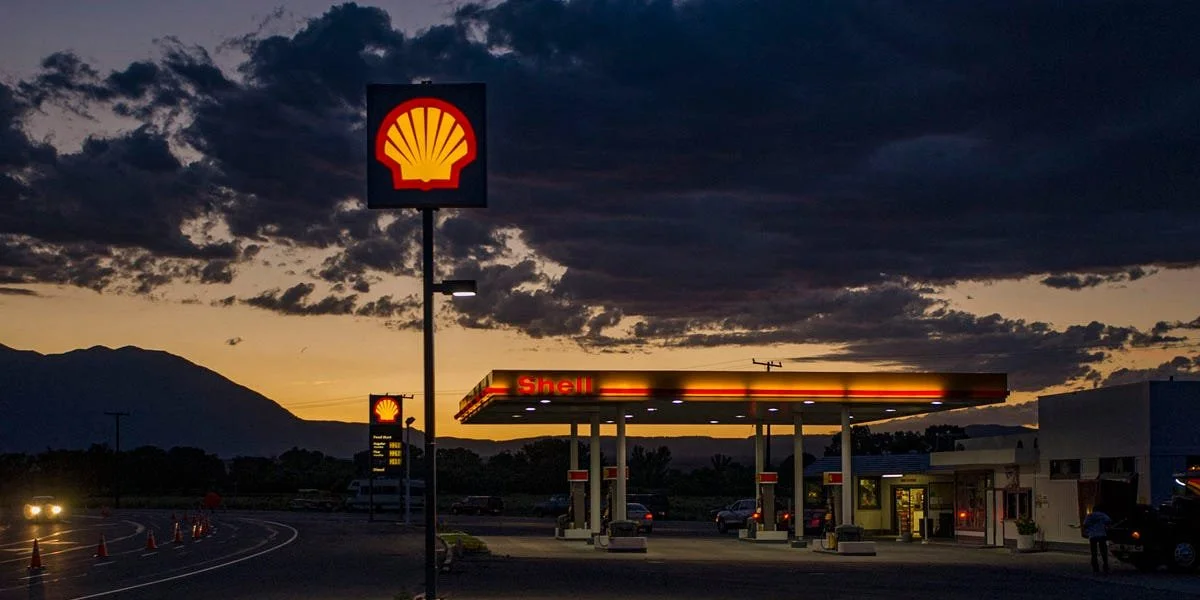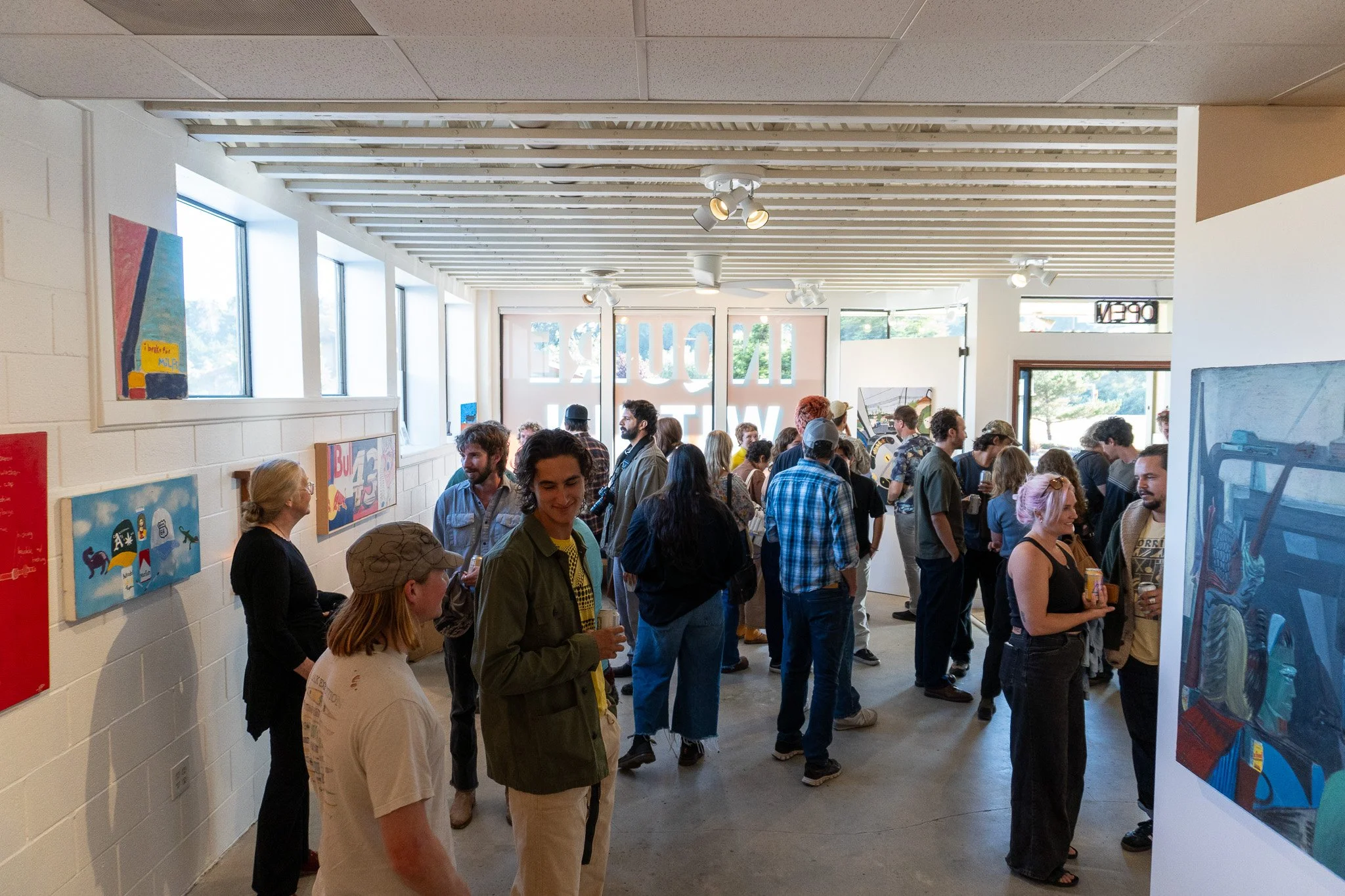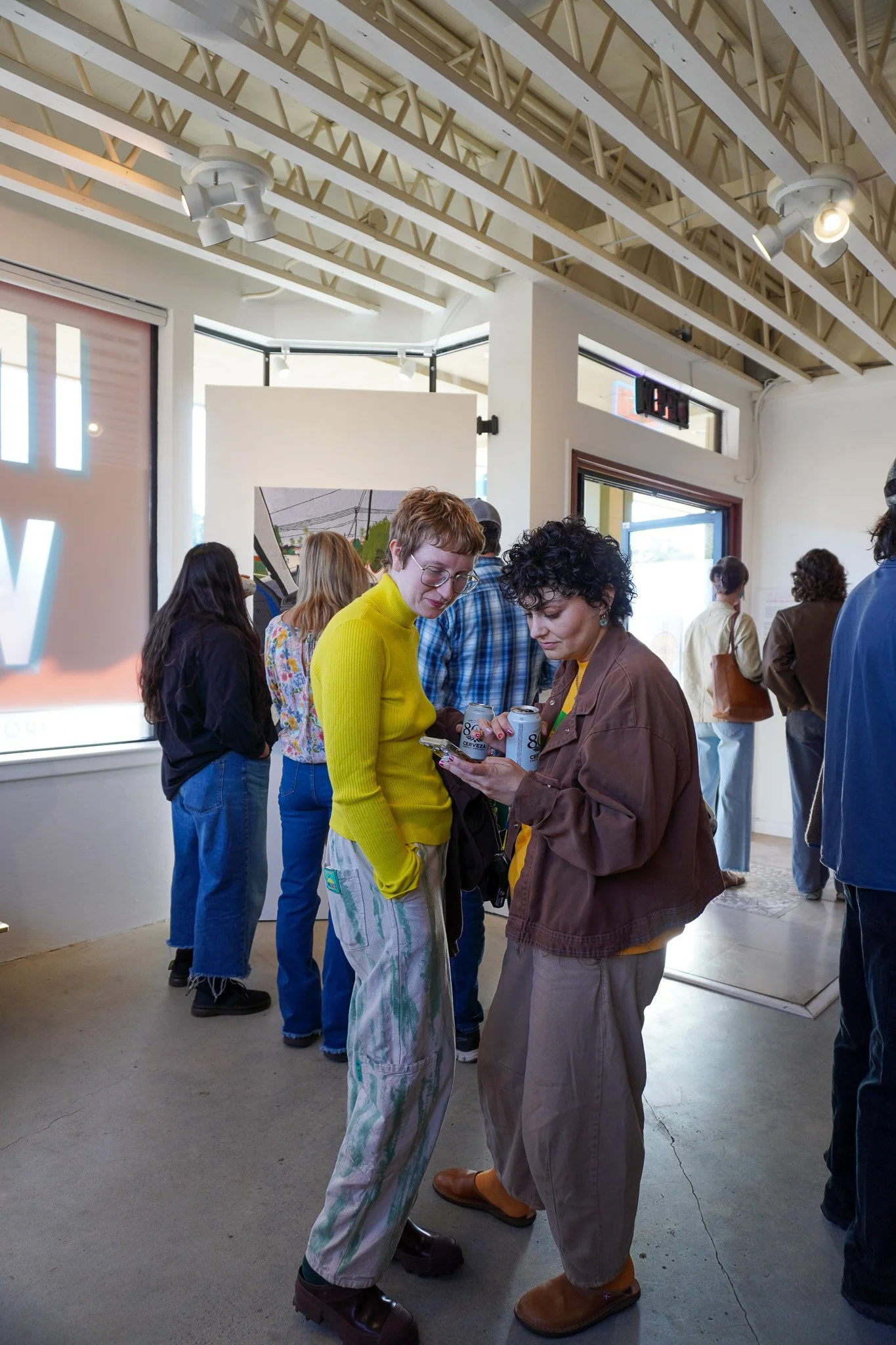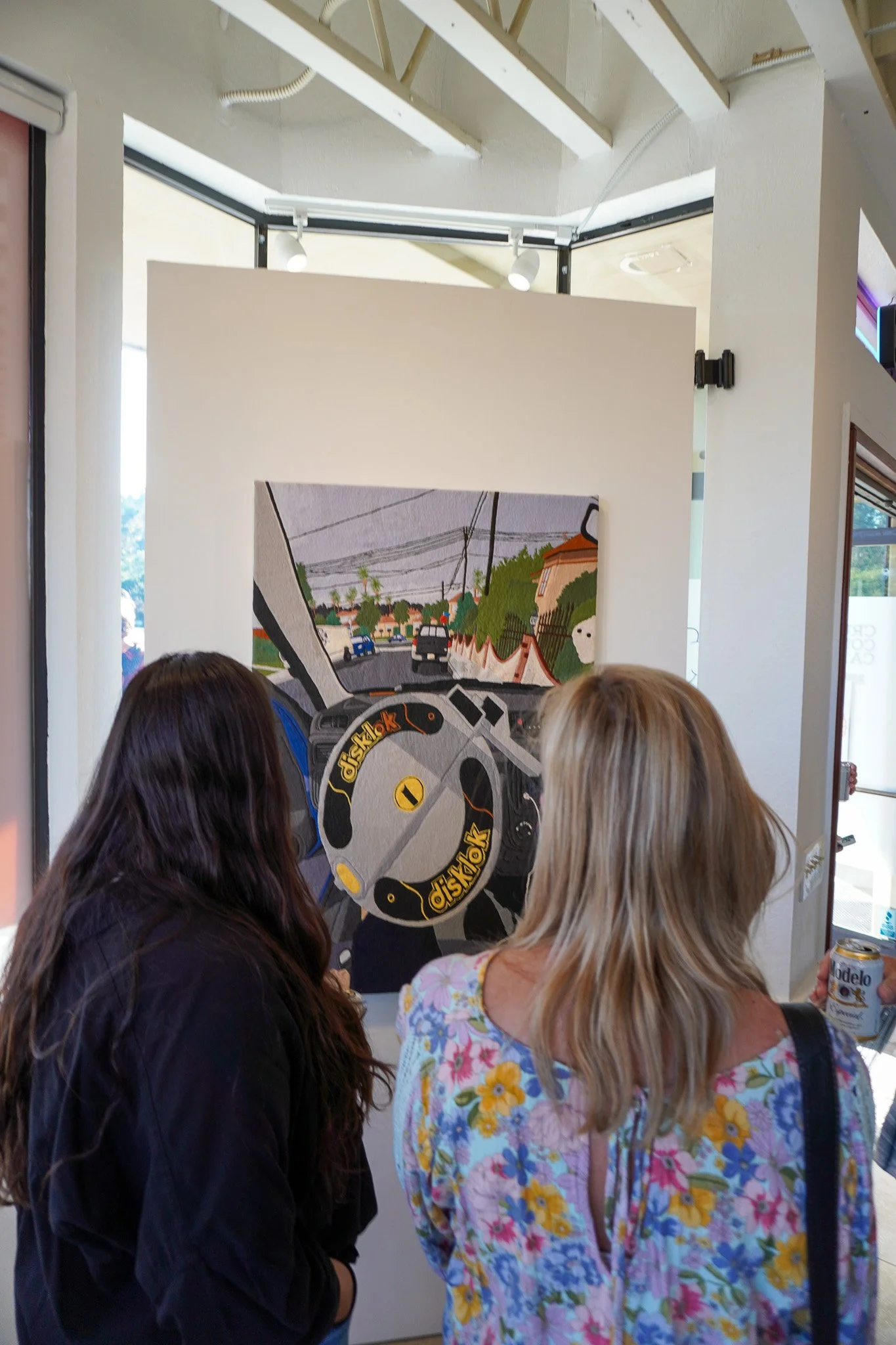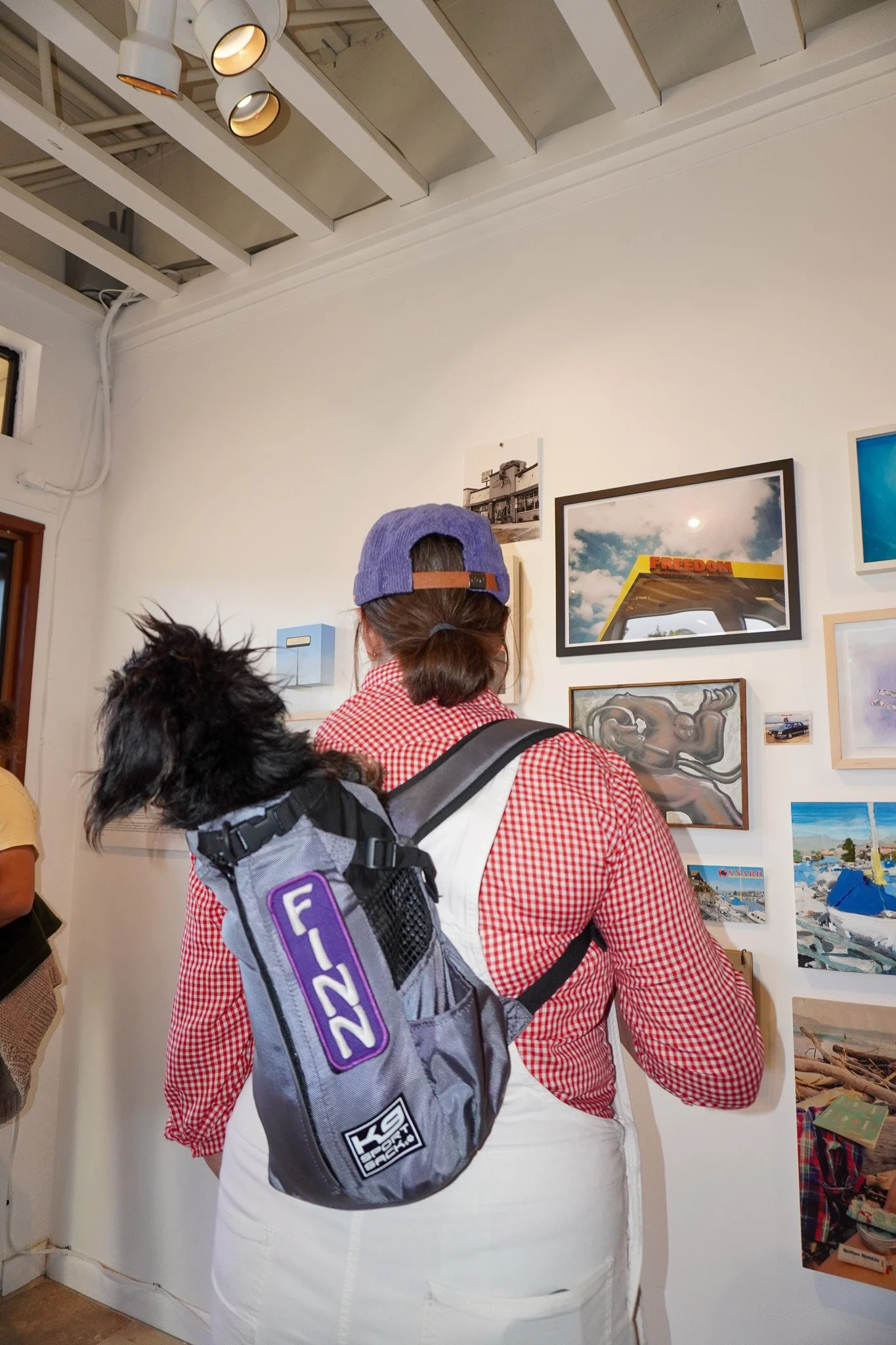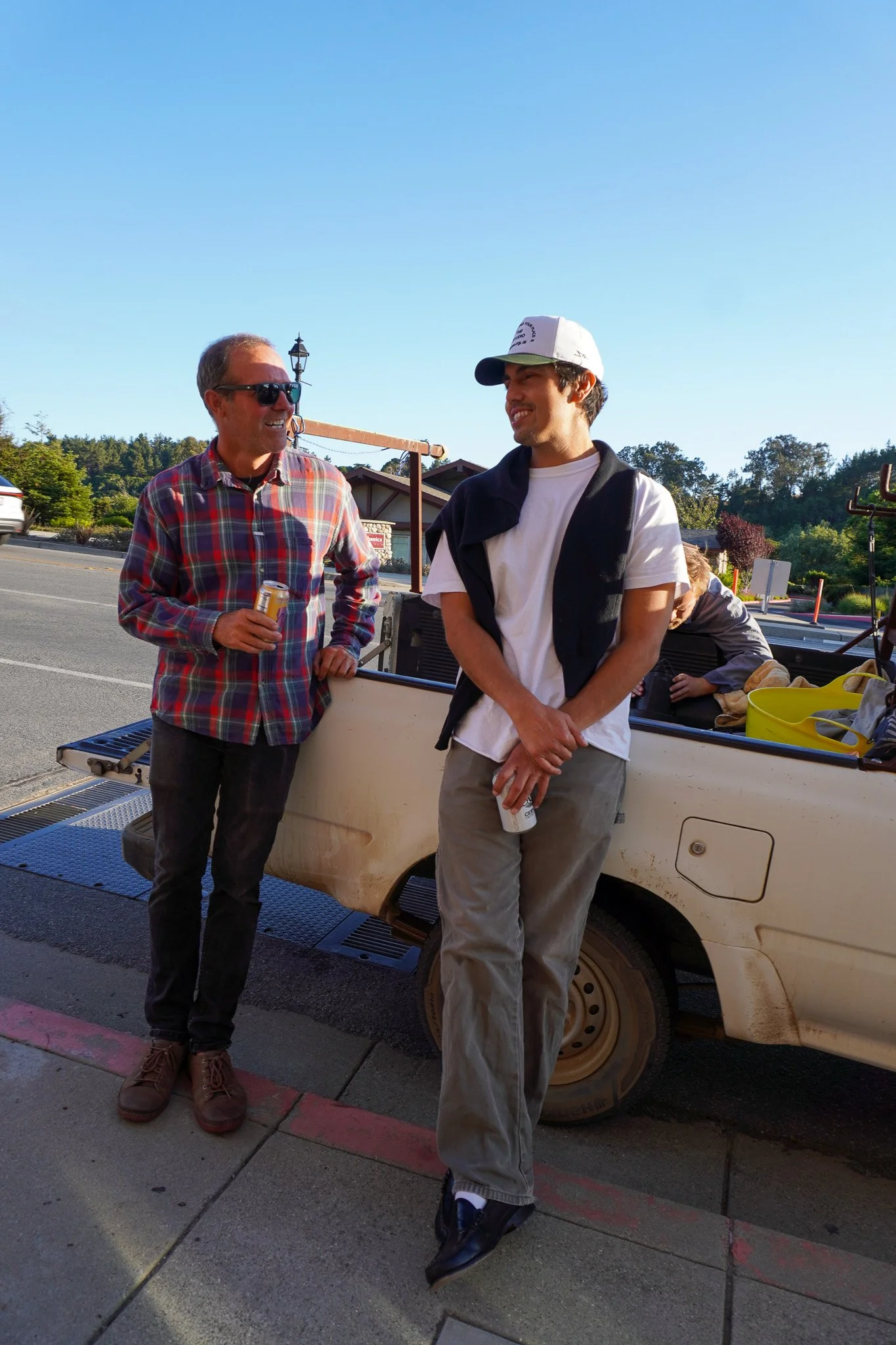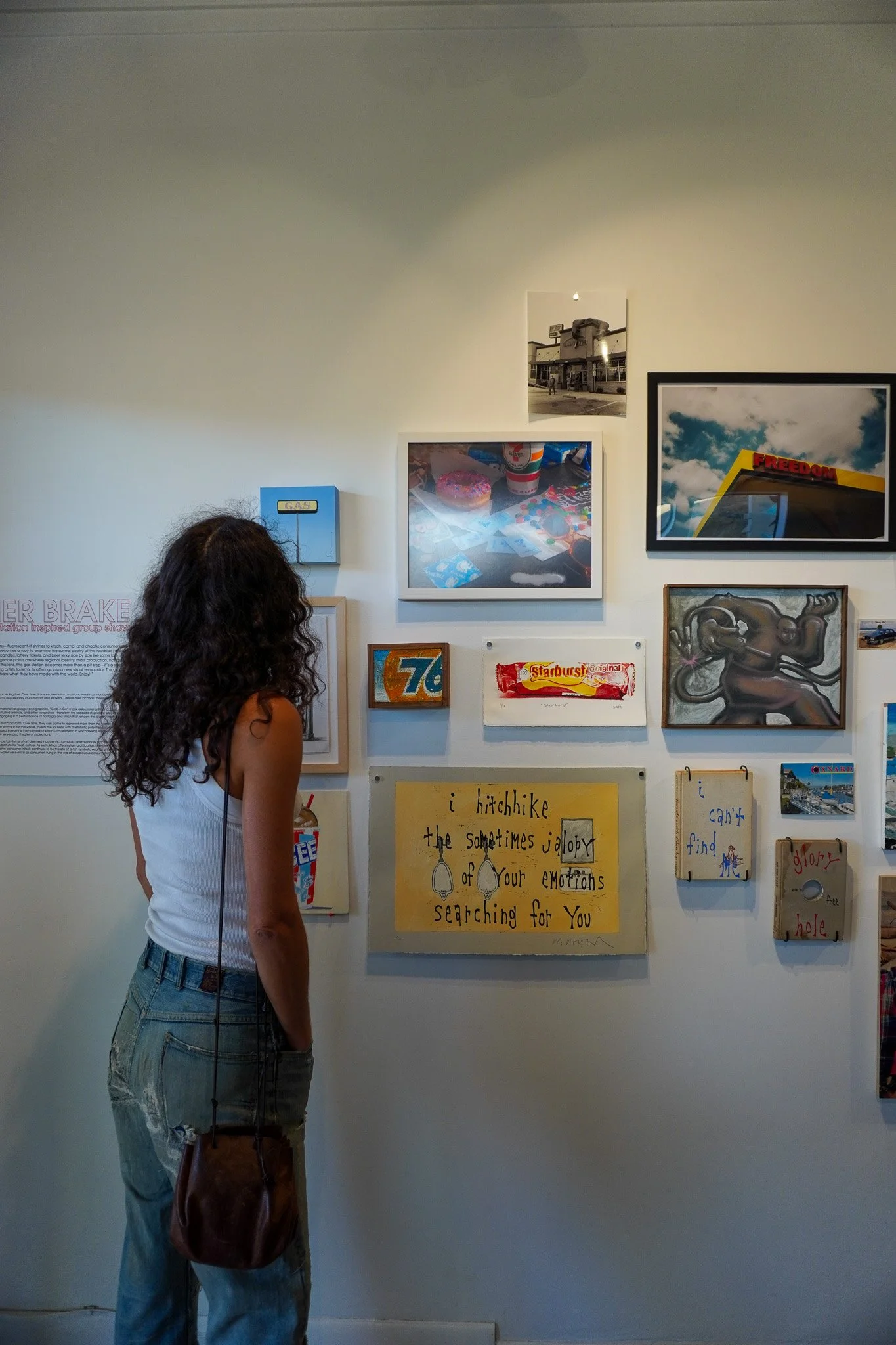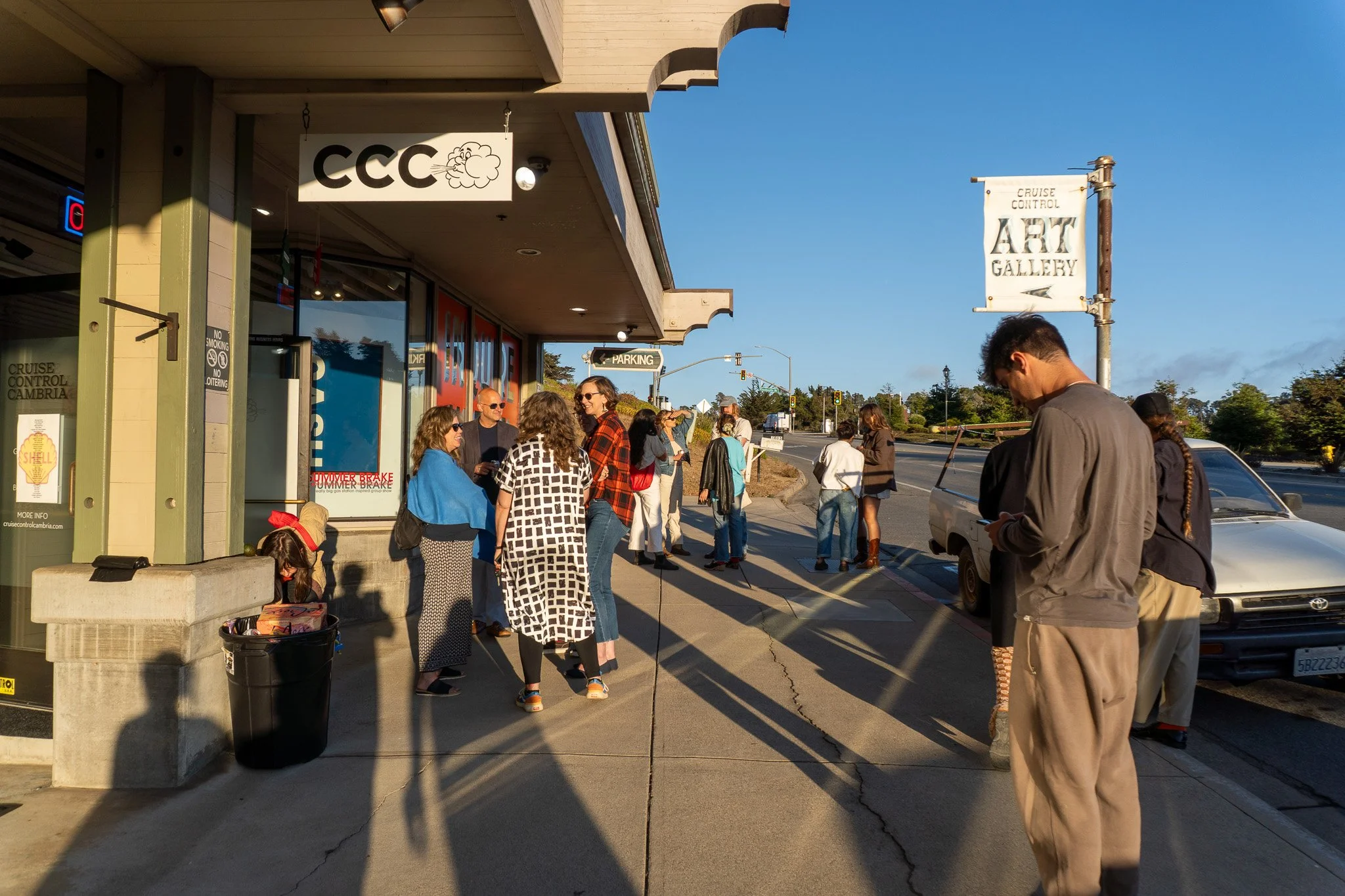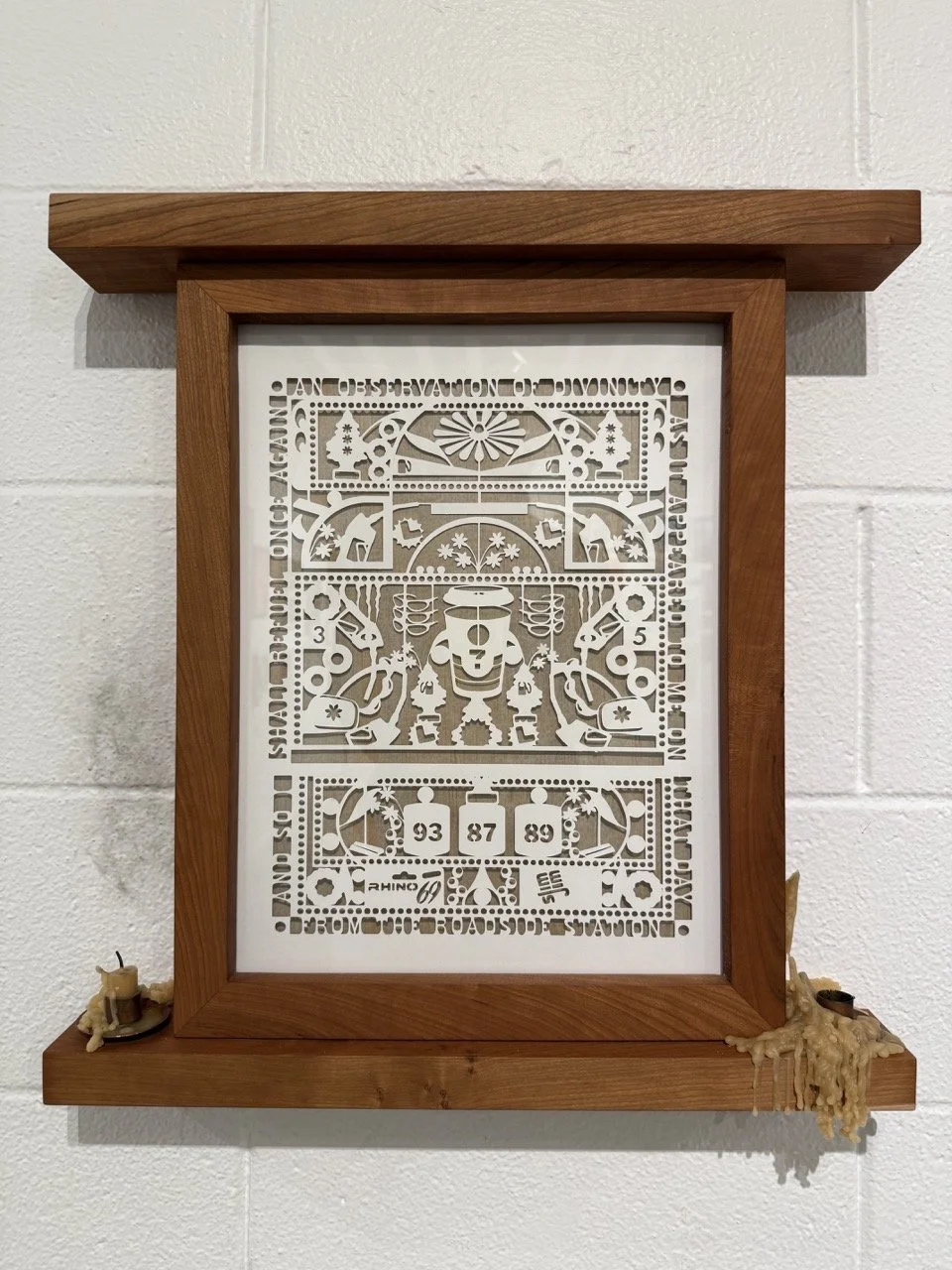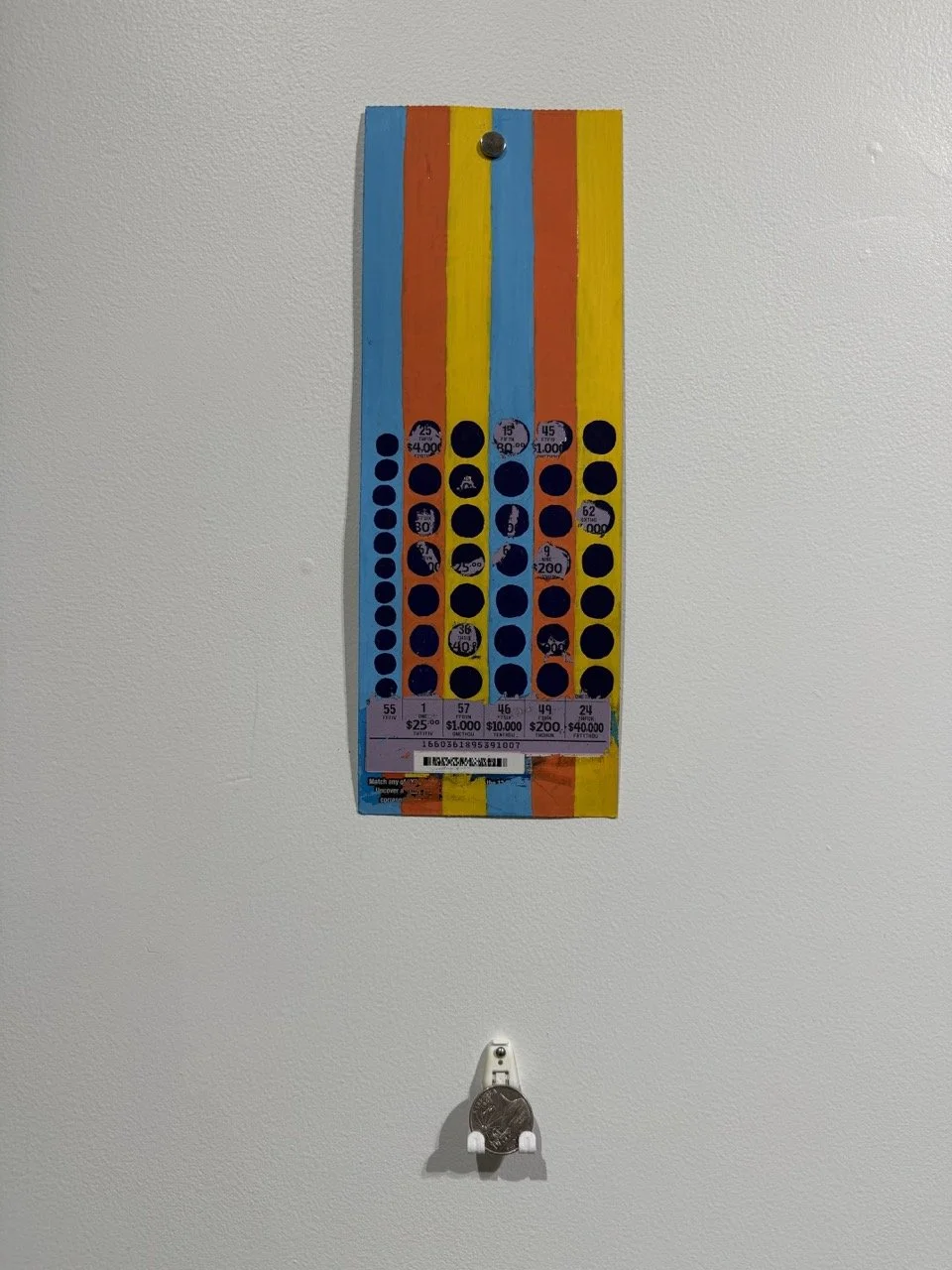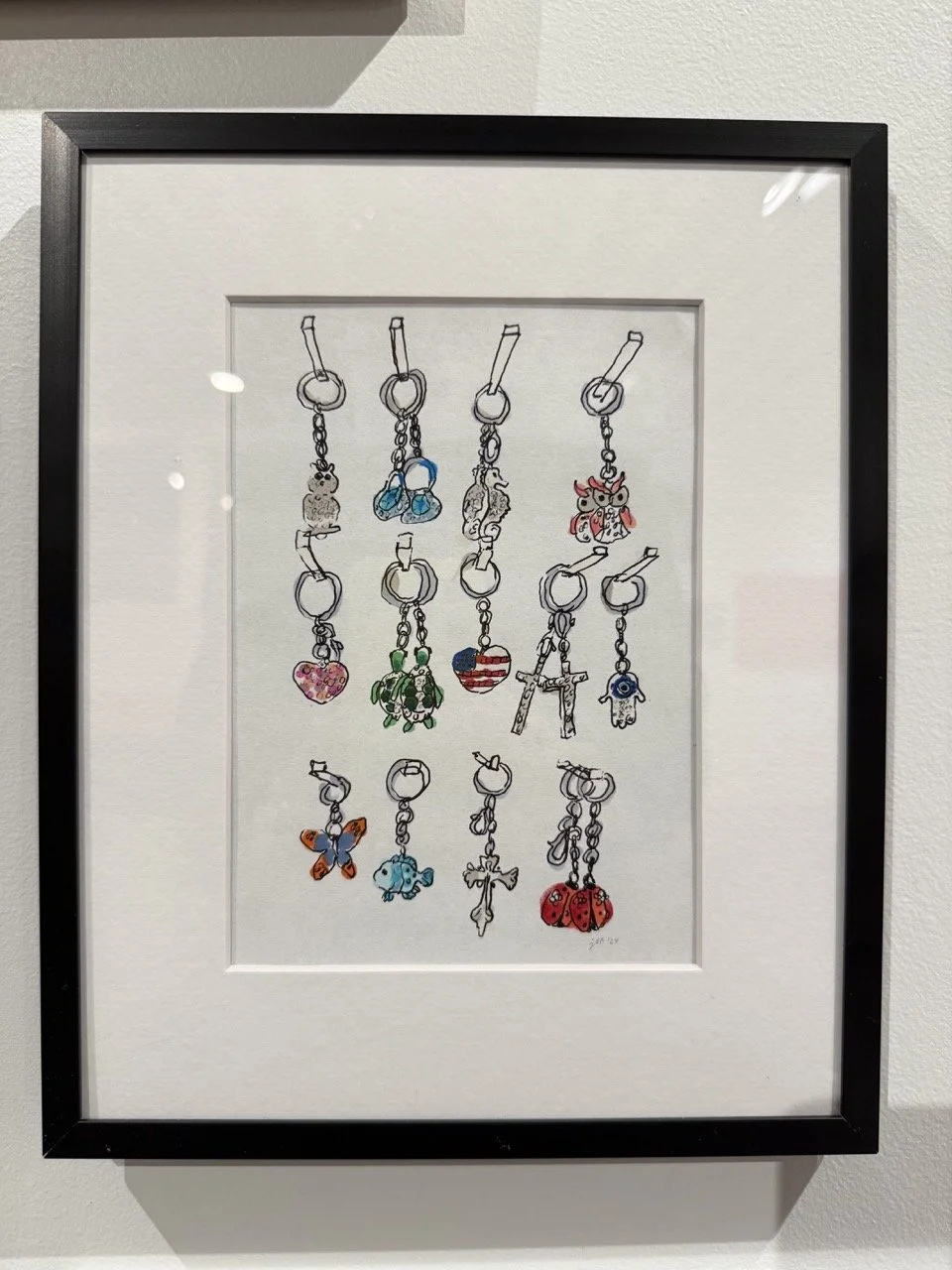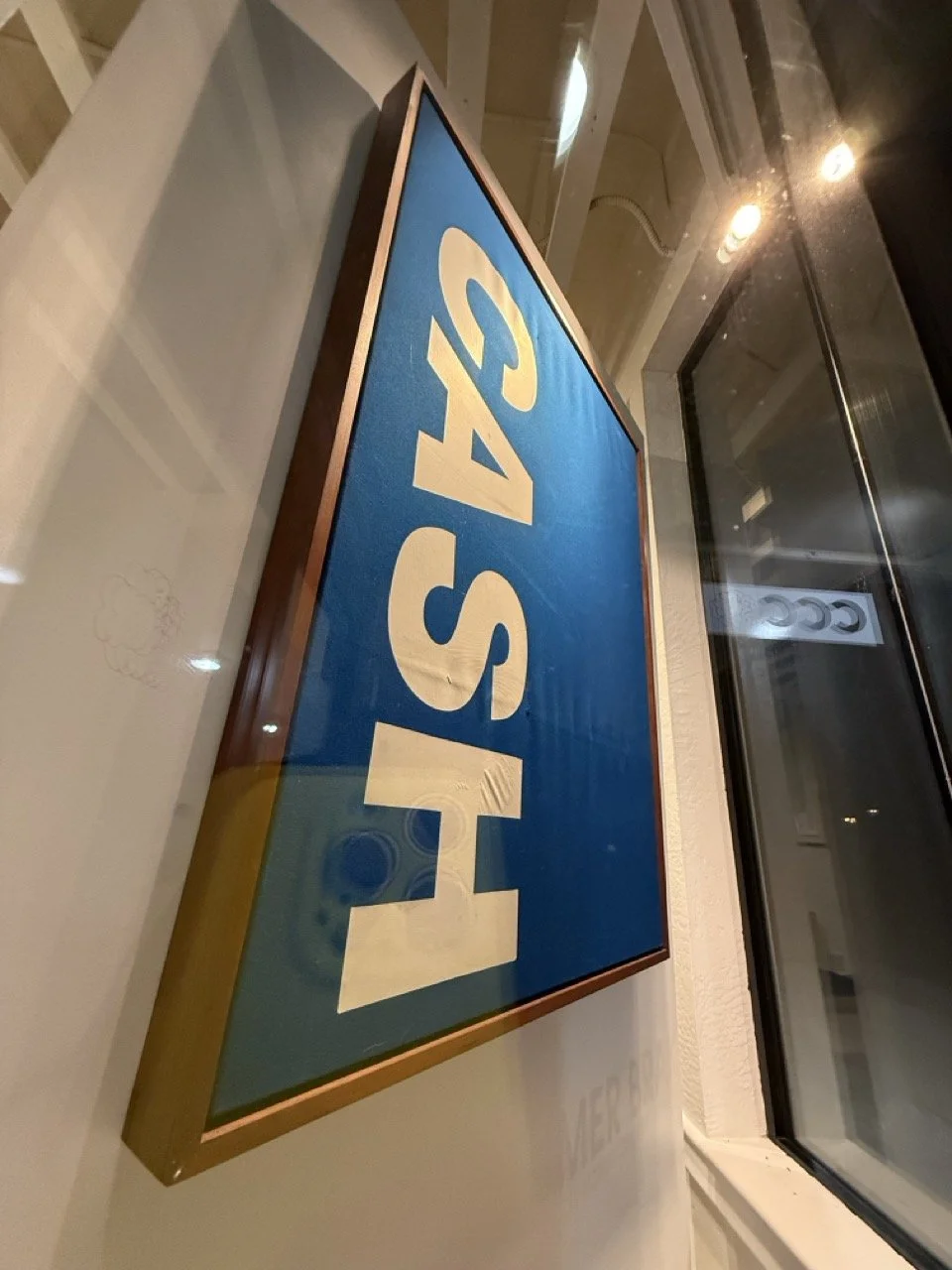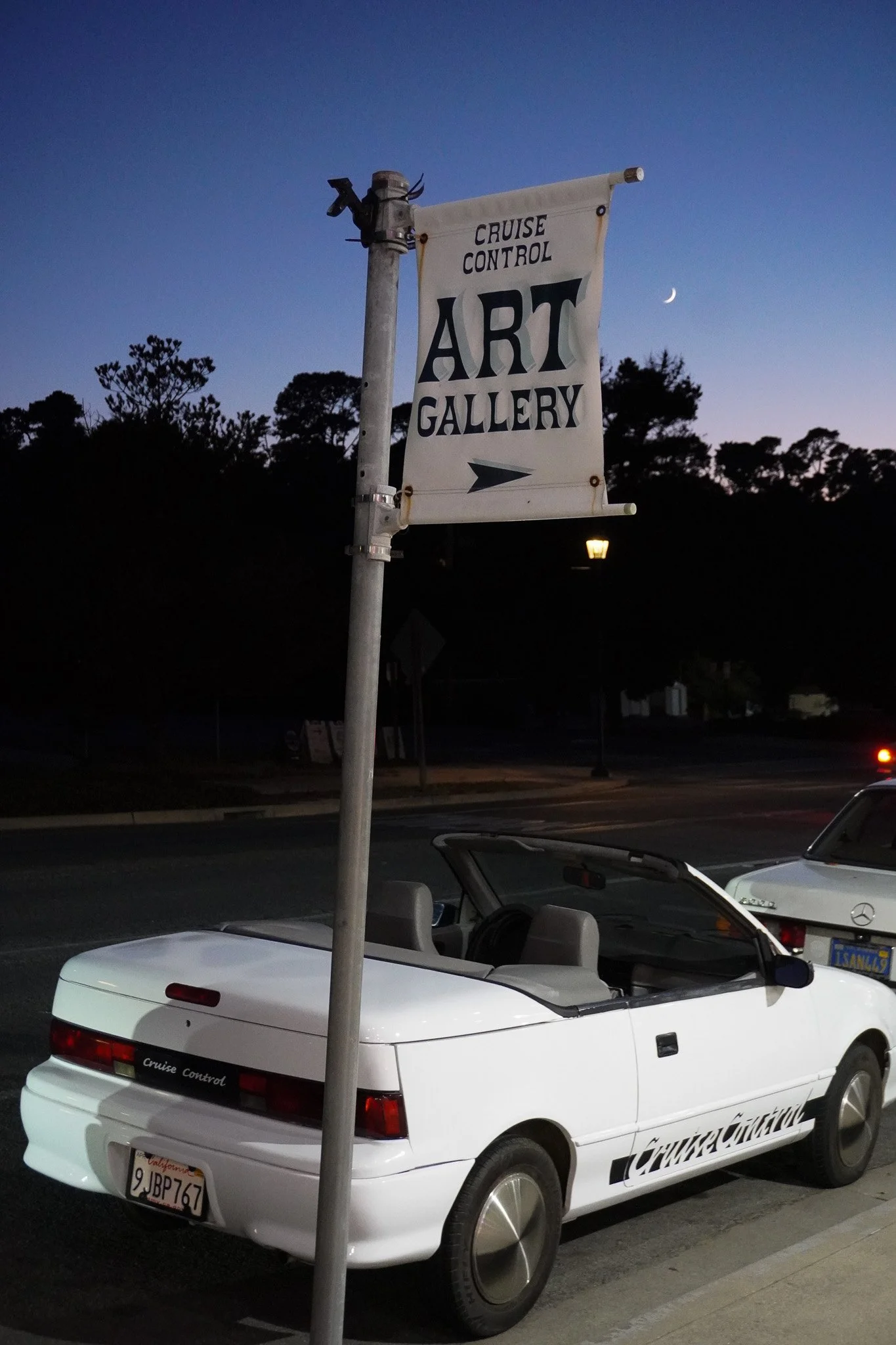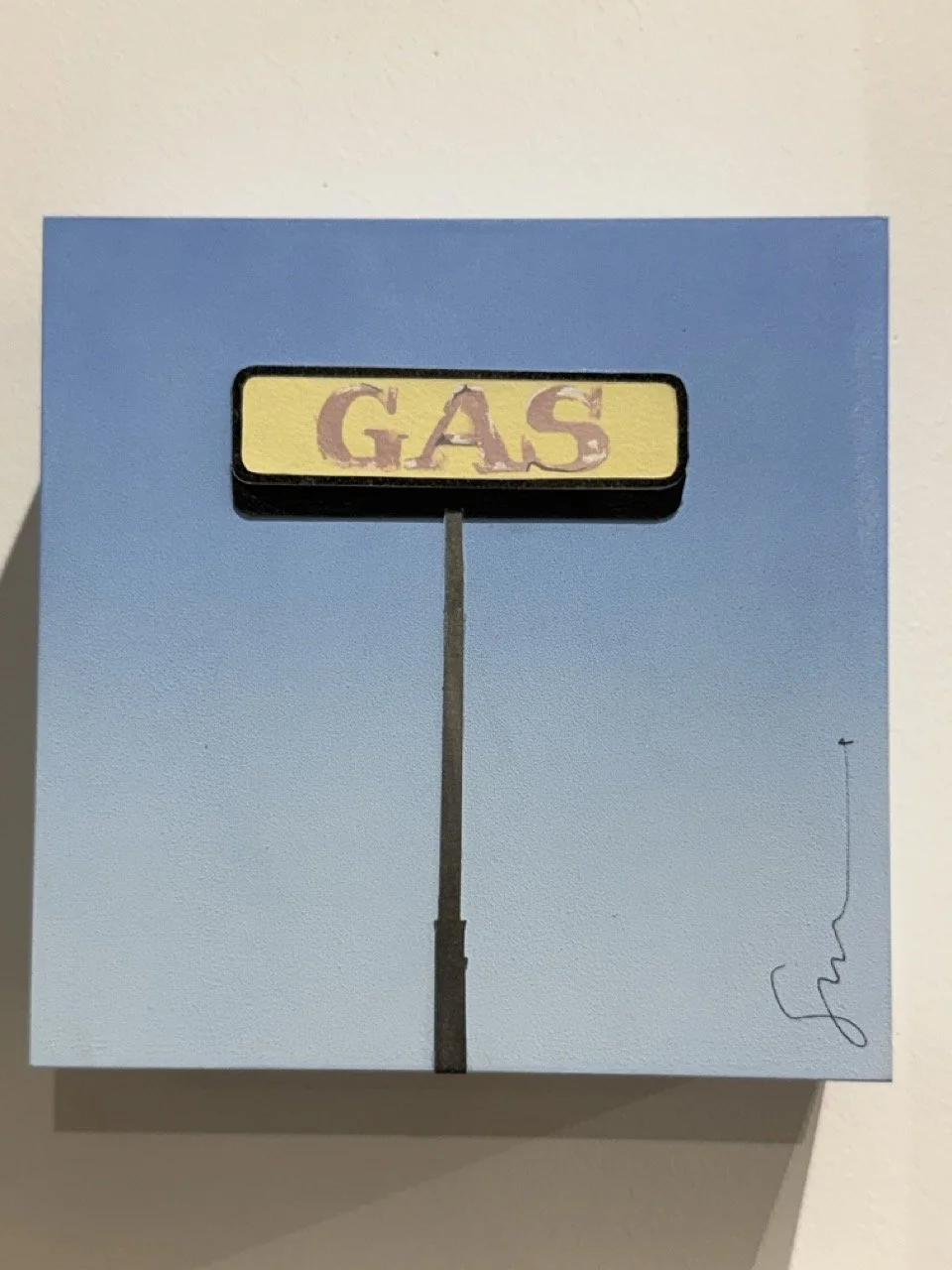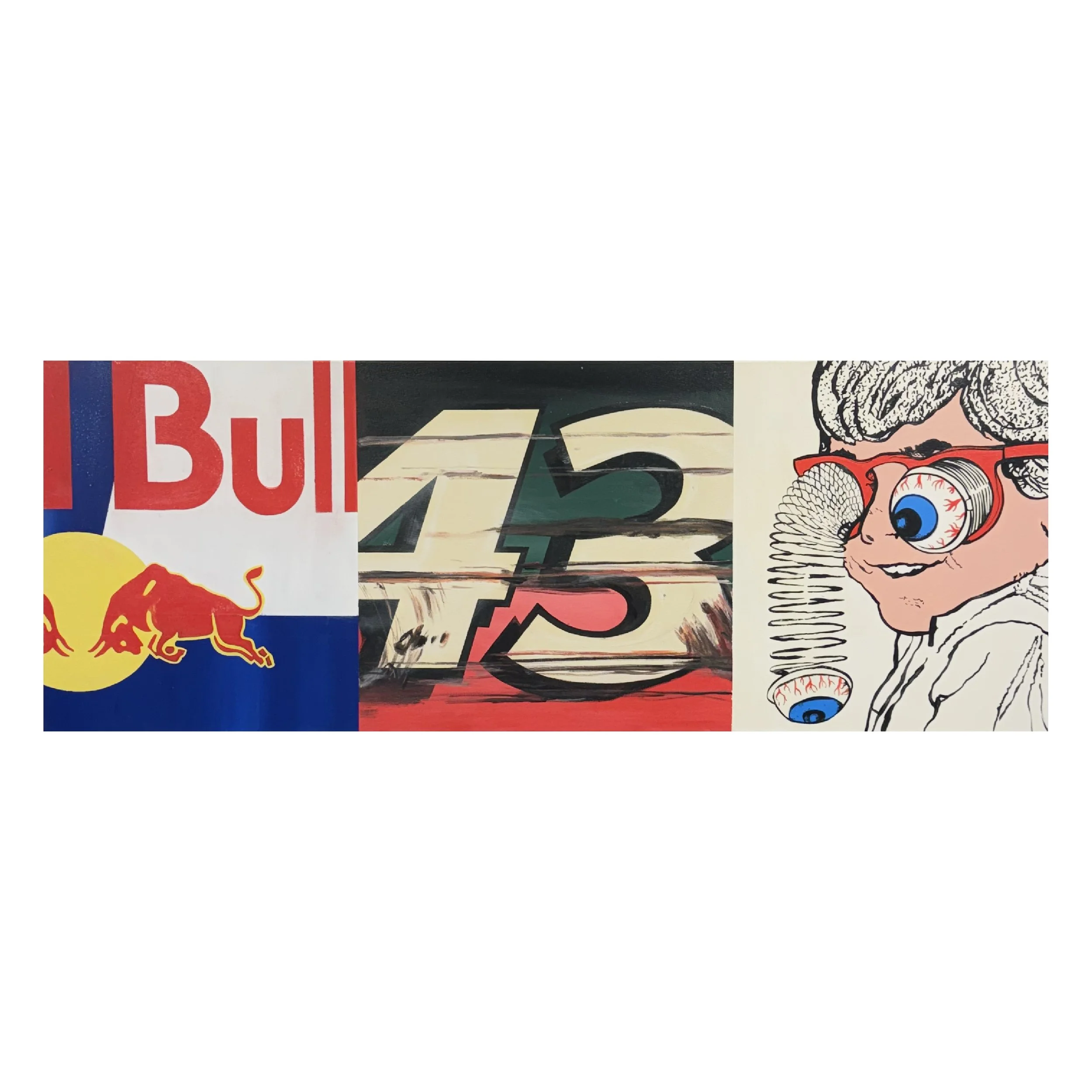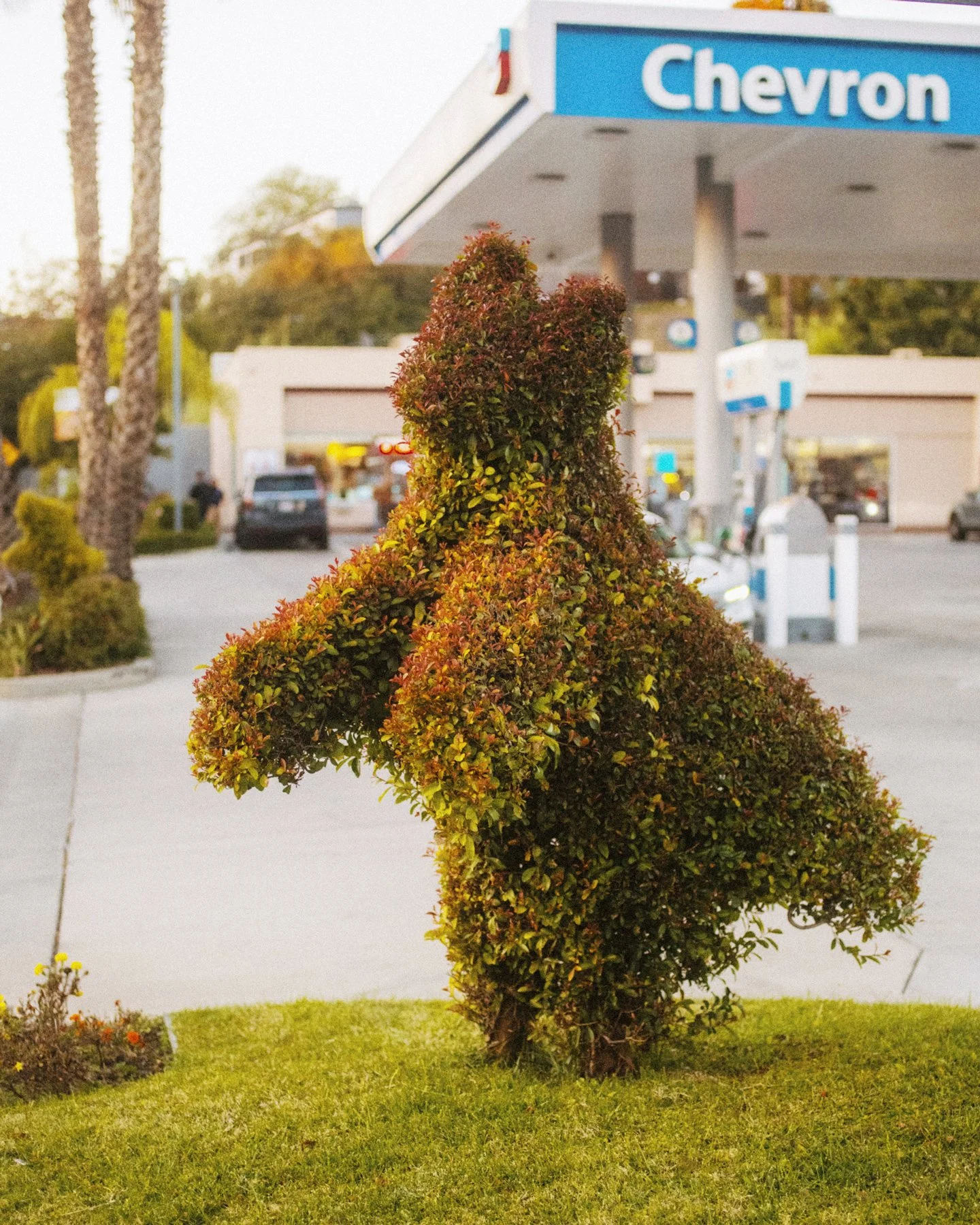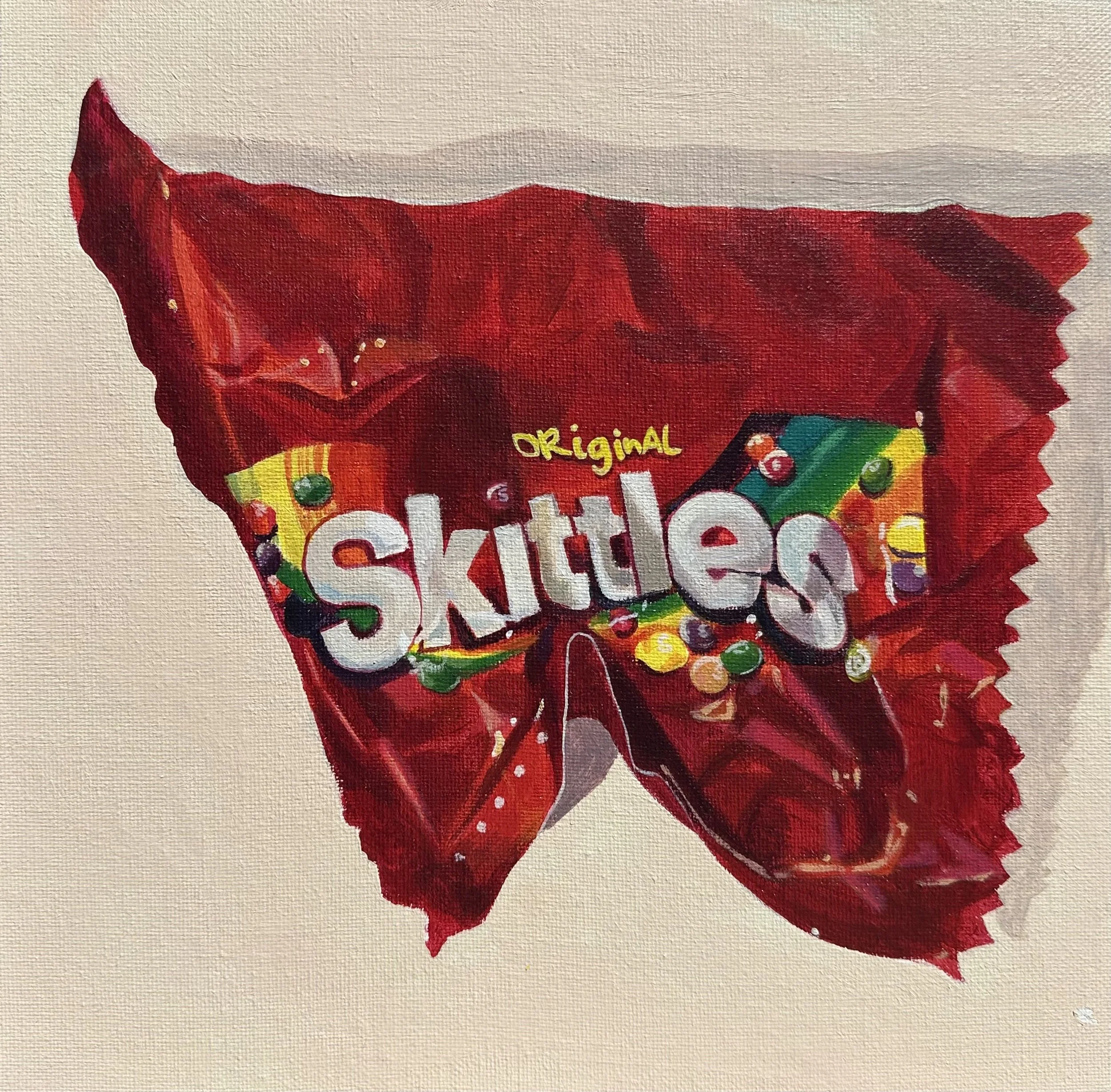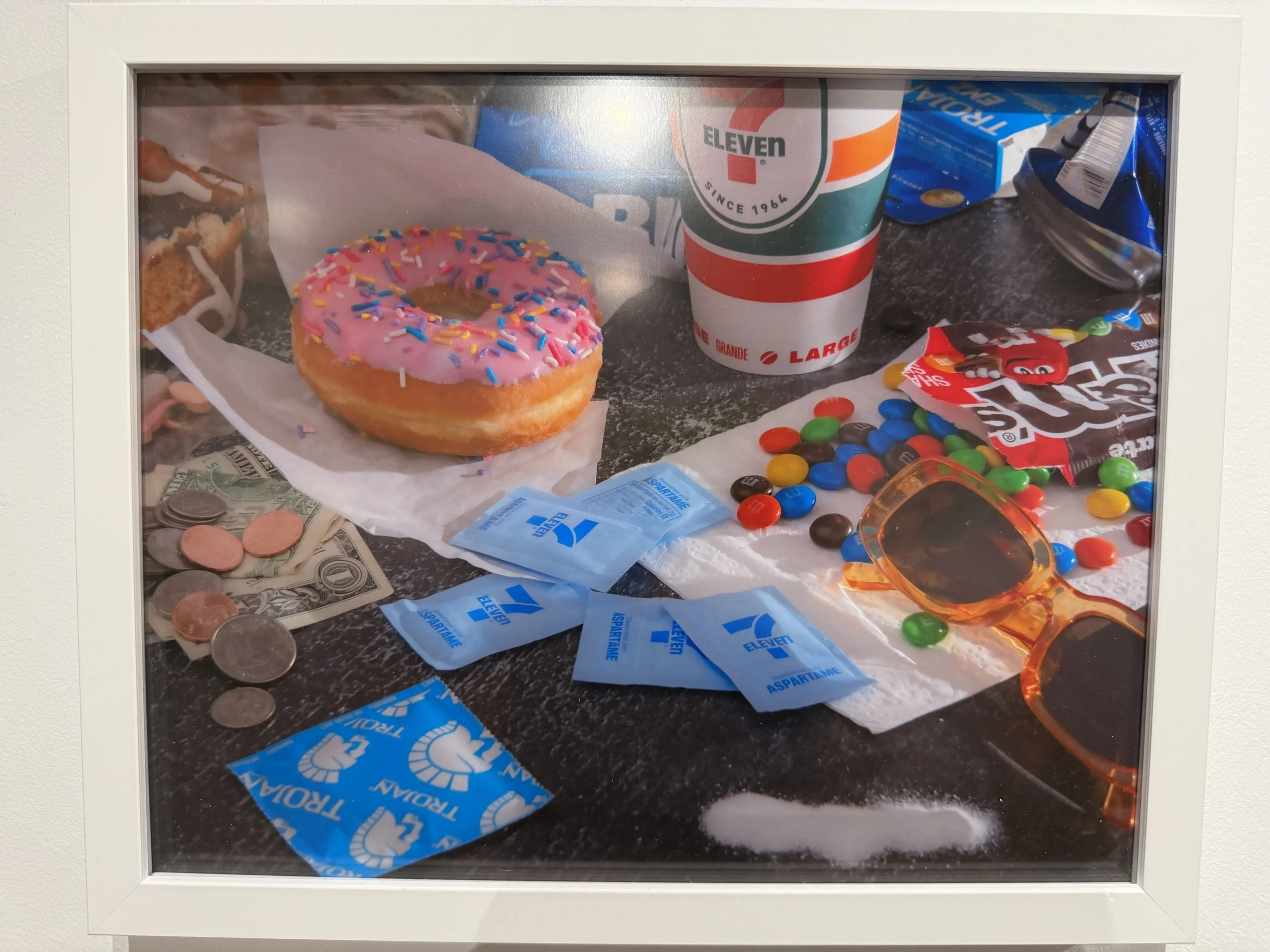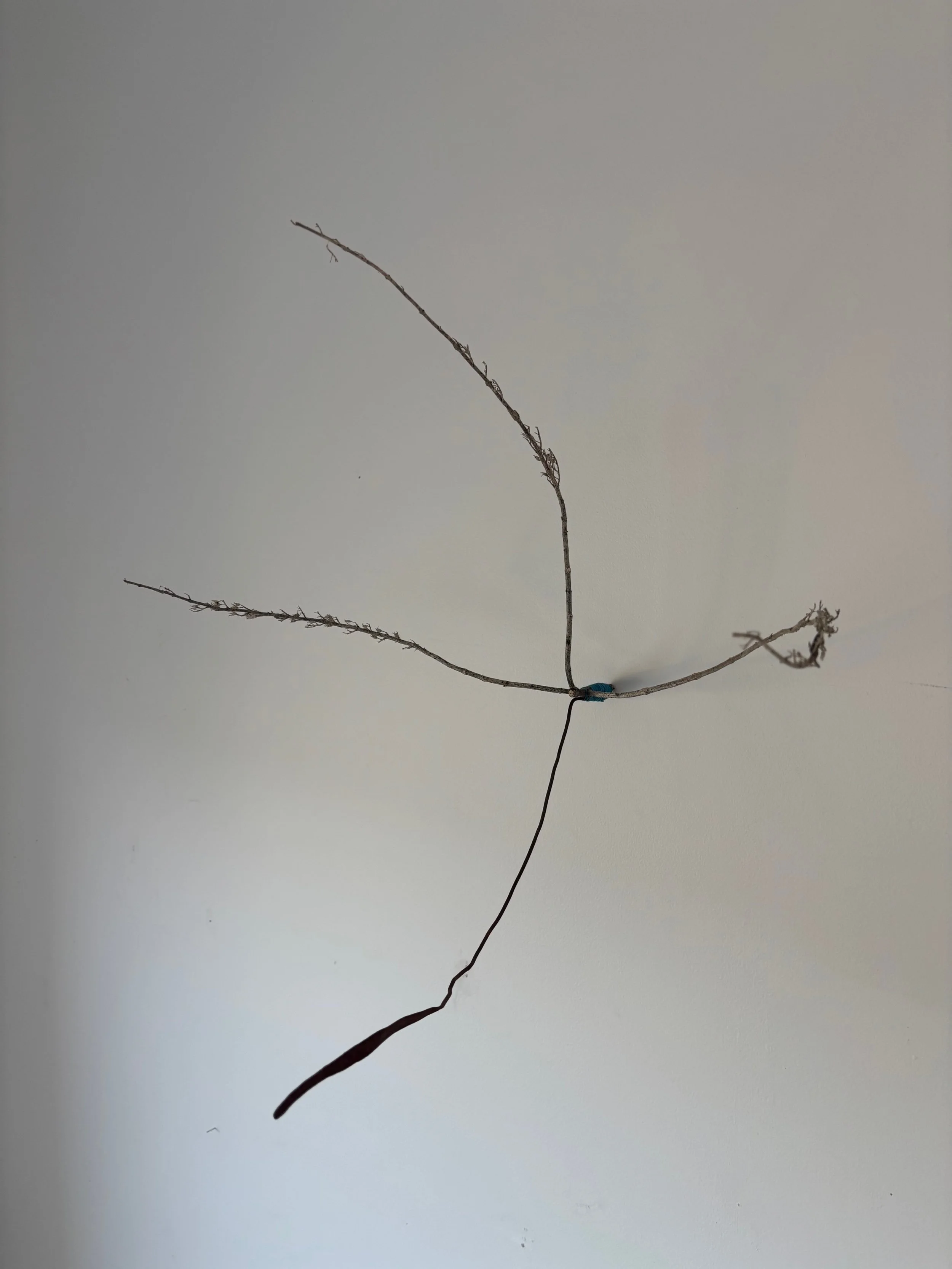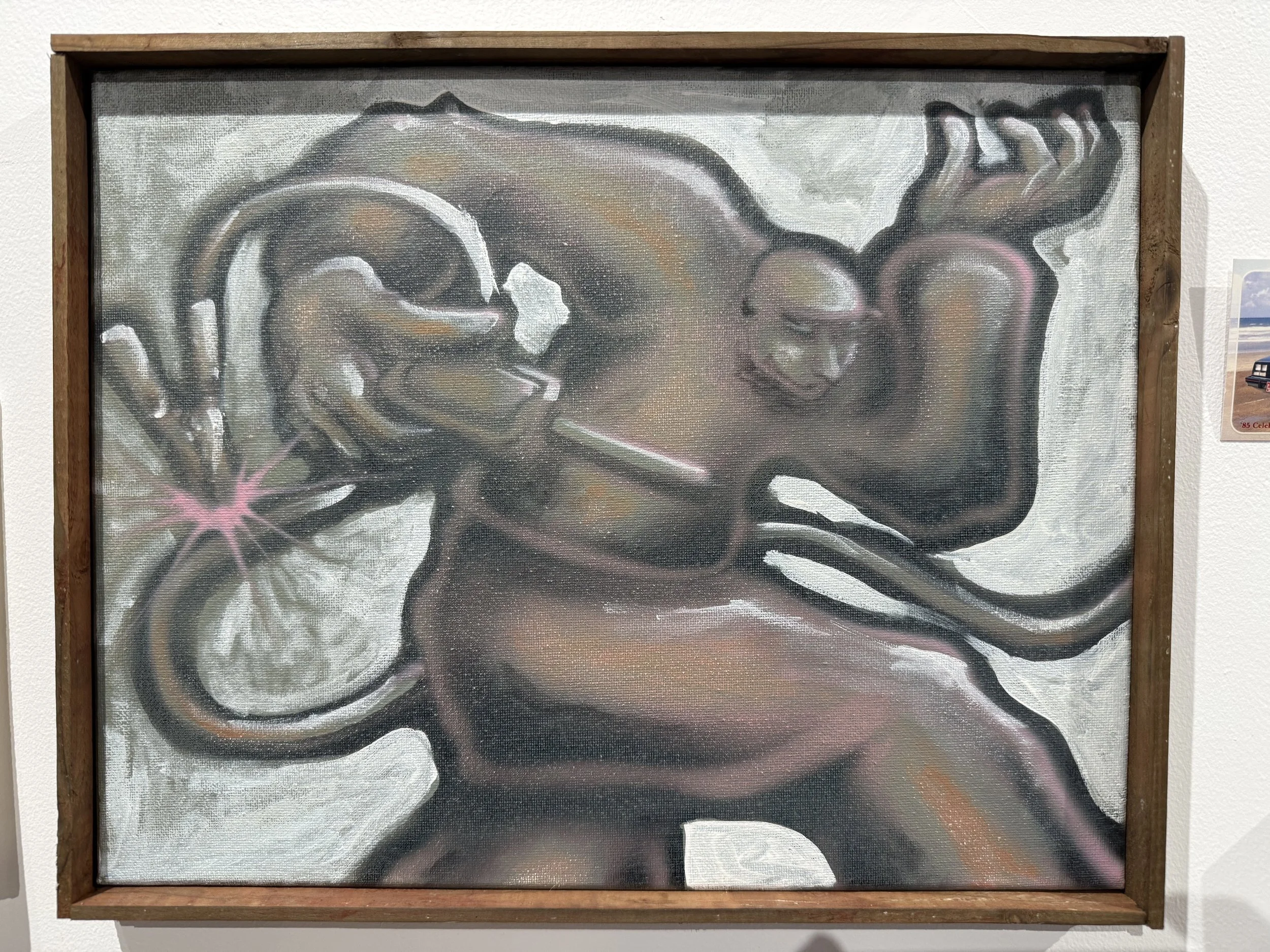“The roadside gas station began with the utilitarian function of providing fuel. Over time, it has evolved into a multifunctional hub that caters to a wide range of needs—service centers, convenience stores, restrooms, ATMs, and occasionally laundromats and showers. Despite their location, these stops share a surprisingly uniform design and cultural vocabulary.
Embedded within their functional purposes is a rich visual and material language: pop graphics, “Grab-n-Go” snack aisles, roller-grill hot dogs, and carefully curated souvenir displays. These items—snow globes, ashtrays, stuffed animals, and other keepsakes—transform the roadside stop into a site of memory-making. In doing so, they mark a shift: the traveler becomes a tourist, engaging in a performance of nostalgia and kitsch that renders the journey itself commemorative.
Souvenirs condense the essence of a place or experience into symbolic form. Over time, they can come to represent more than the events they were meant to mark—gaining symbolic autonomy. This process, where the part stands in for the whole, invests the souvenir with a fetishistic potential, amplified by the personal attachments of its collector. This emotional and highly personalized intensity is the hallmark of kitsch—an aesthetic in which feeling is enjoyed for its own sake, especially as it becomes detached from the object, which only serves as a theater of projections.
The term kitsch emerged in Munich in the mid-1800s to criticize certain forms of art deemed inauthentic, formulaic, or emotionally manipulative. Early accounts describe kitsch as a manufactured aesthetic experience—a substitute for "real" culture. As such, kitsch offers instant gratification, prioritizes surface over depth, and transforms the viewer from a critical participant into a passive consumer. Kitsch continues to be the site of a rich symbolic economy that people tend to overlook even though it makes up the air we breathe and the water we swim in as consumers living in the era of conspicuous consumption.”
-S. Michael Hampton
“Gas stations are America’s accidental museums—fluorescent-lit shrines to kitsch, camp, and chaotic consumerism. Exploring gas station merchandise through art becomes a way to examine the surreal poetry of the roadside: airbrushed wolves on velvet, rhinestone trucker hats, Jesus candles, lottery tickets, and beef jerky side by side like some late capitalist still life. These one-stop culture convergence points are where regional identity, mass production, nostalgia, and irony collide in glorious overstatement. Through this lens, the gas station becomes more than a pit stop—it’s a stage where taste, myth, and marketing merge, inviting artists to remix its offerings into a new visual vernacular.”
-Charlie Smith curator of CCC
Highway memorial
Acrylic on canvas
30” x 15”
2025
by Andrew Villanueva
350$
It’s an artwork that doesn’t need a traditional buyer. If it’s worth nothing it’s worth nothing. Anything under $599 a local Gas Station participating retailer will pay us, anything over $600 the State of California would technically be the “buyer”
-MAX MILES
Out of Gas / COLOR TV
Papercut collage, goache, acrylic on board
6x6x2 , 12x10
2025
Suze Riley
350$
Lotto ticket charging shrine, 2025
Gabriel Schneider
777$
Jeffery Smith
This is the one
Etching
10 by 8 inches
2025
($80)
Tokens of Usefulness/Uselessness
bronze, lost wax cast
2025
($20 and an old used lighter for one lighter)
Dale (ceramic) 7x7x7" 2024
Jeff (ceramic) 7x7x7" 2024
420 (oil and acrylic on panel) 24x24" 2024
by Thomas Lewis
420$ each
Mikol Brinkman
Mudflaps
CASH
price upon request
BARRY MCGEE
9”x11”
76 BALL
5”x4”
by Owen Blackwell
300$
REST ROOMS
9x11
by Steve Hampton
Oxnard 2025
by Danny De La Rosa
Arcylic on wood panel
ICEE
by Allan Gibbons
Keychain 2024
by June Tate
Ink on paper
7-11 Jesus
by Abby Brown
Garbage Truck,. 2000
by Arthur Mount
Graphite on paper
Volcano Time
2025
Fabric dye, polyester resin on polyester
10x16 inches
by Christopher Graham
76 BALL
acrylic on board
by Michael Murphy
9-11 Candle
by Christopher Deloach
Collage and Lego Car
by Jesse Spears
‘Underpass’ 2024
by Luke Osborn
4’x5’
oil, watercolor, paper collage on Canvas
Carnitas Miguel, Pescadero, BCS
36" x 48'
Oil on canvas
2025
by Meghan Hudson
CAR PARTS 2003
30”x40”
acrylic and grease pencil on canvas
by Chris Vagnoni
MILFS by Michael Mcgregor
15x22
Limited edition print by Michael Dyermond
“Fake”
Fabric dye, acrylic, china marker and gel on muslin
27” X 35”
2025
by Andrew Detrick
Dude, Where’s my Car? 2000 (2019) (2019) (2023), 2024
freehand machine embroidery on canvas, 44” x 30”
by Allegra Samp
Poloroid selections in Acrylic
by Michael Obrien
"Too Much Juice"
18 x 48 in
Acrylic on canvas
2025
by Noah Dorr
Max Knight
GAS STATION ANIMALS
Skittles, Acrylic on canvas, 7"x 7", 2024 by Sophia Miller
Where Are My Keys?, 2025
Inkjet Print
16 ¼ x 13 ¼
Edition of 3
by Sebastian Sarti
AMPM
B and W print
Carson Lancaster
69 420
B and W print
Carson Lancaster
Sculpture by Allie Mount
Title: jumping for joy
Medium: House Paint & Acrylic on canvas
Dimensions: 14.5" x 11.5"
Year: 2024
by SAM WINNER
ROTTEN ROBBIE
print on wood
by Pam Terry


